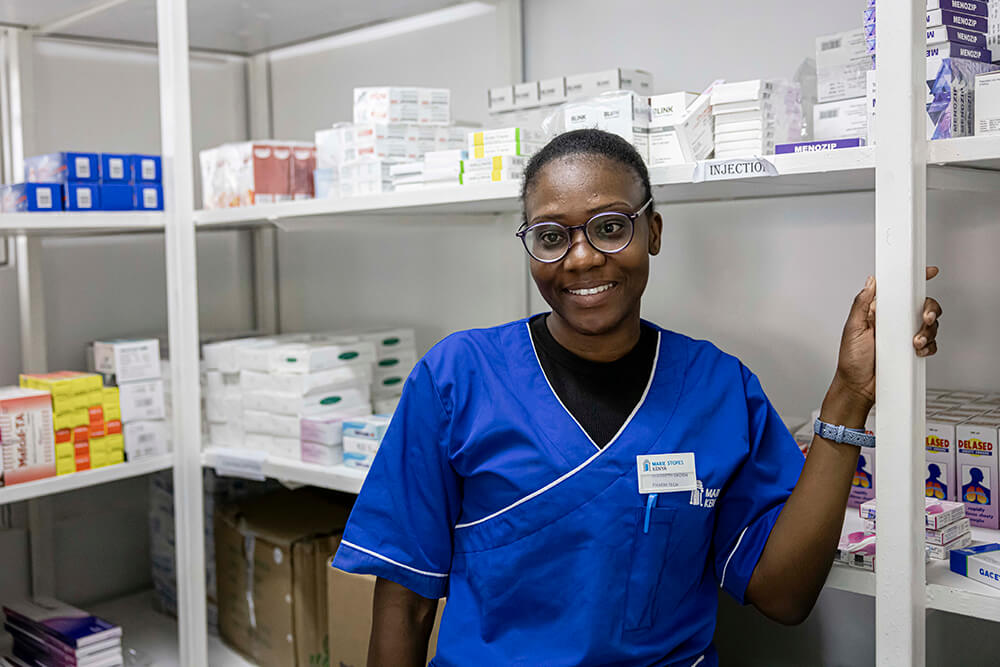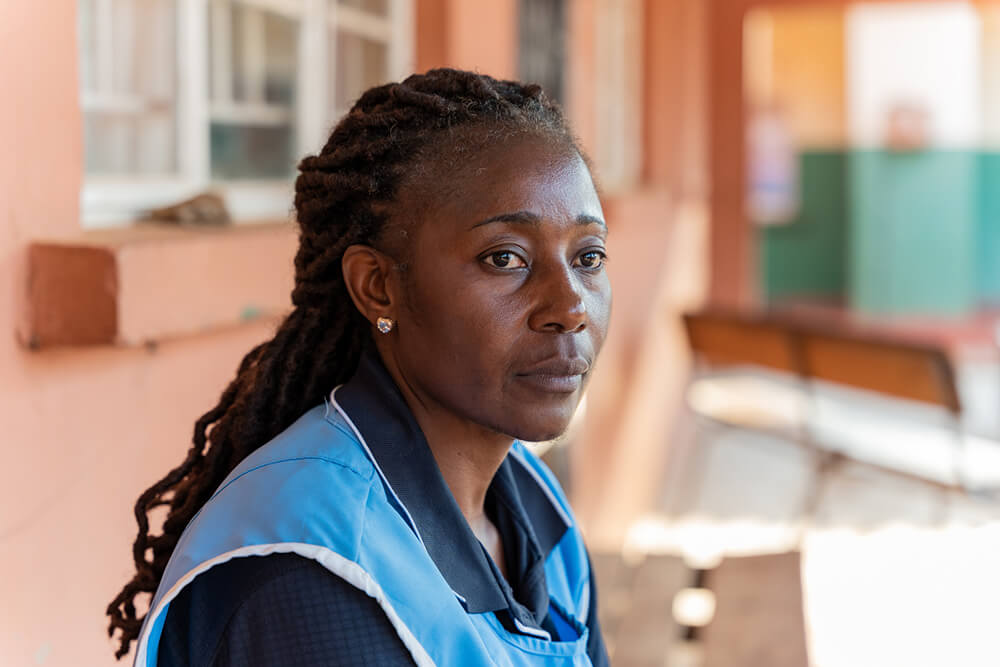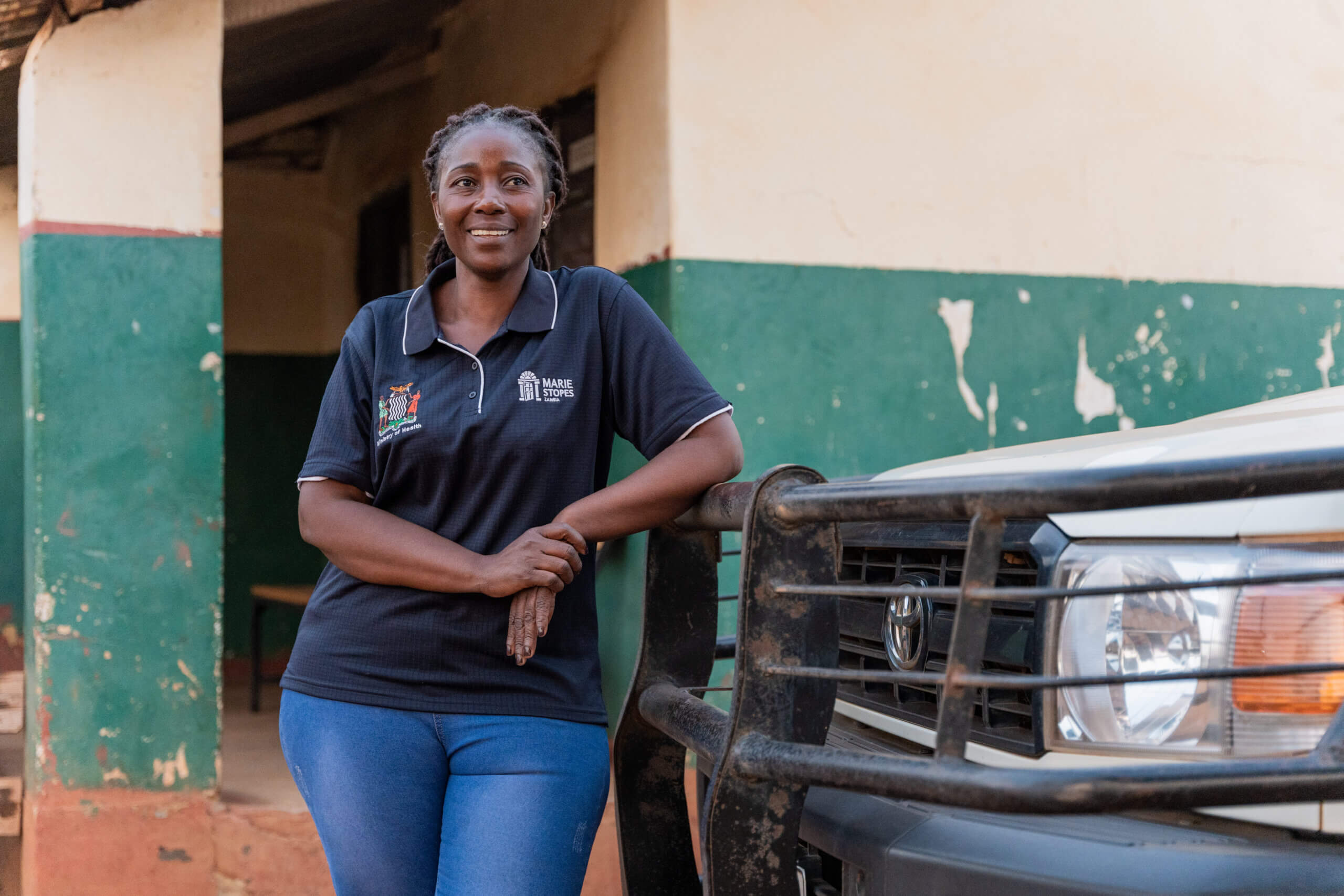Resilience, Adaptation and Action: MSI’s response to COVID-19
As COVID-19 continues to devastate lives and communities across the world, MSI shares new data on the impact of access to Sexual and Reproductive Healthcare and Rights (SRHR) in our new report: Resilience, Adaptation and Action: MSI’s response to COVID-19.

Across the 36 countries where we work, we have seen the impact of the COVID-19 pandemic on reproductive healthcare access and rights. With national lockdowns restricting movement, lack of information about what services are available, supply chain disruptions and overwhelmed health systems diverting resources to the COVID-19 response, access to SRHR has been restricted and barriers have increased.
To help us better understand the impact on reproductive health services, we commissioned a survey with Ipsos MORI, asking an online sample of 1000 women aged 16-50 per country in the UK, South Africa and India about their experiences and awareness of sexual and reproductive healthcare before and during the COVID-19 pandemic.
The survey’s findings align with our concerns that barriers to access would increase and fewer women would have access to essential reproductive health services. Across MSI’s programs from January to June 2020, 1.9 million fewer women have been served by MSI’s programs due to COVID-19 related disruptions. We estimate that this will lead to 1.5 million additional unsafe abortions, 900,000 additional unintended pregnancies, and 3,100 additional maternal deaths.
But our data also shows that the impact of COVID-19 on women’s access to reproductive health services has not been as grave as initially expected. Our programs have rapidly adapted to ensure access can be maintained, tailoring their responses to local contexts and national government responses. Thanks to the perseverance of our providers and the flexibility of our governments and partners, the story has also been one of resilience and adaptation.
Our findings provide a snapshot of the current crisis. It is important to remember that in many countries the worst effects of COVID-19 are yet to come. There are cost-effective and simple solutions that when implemented can save lives and maintain access. We therefore continue to urge governments, donors and the global community to work together to prioritize access to sexual and reproductive healthcare services in their COVID-19 response to ensure women have timely access to essential services when needed most.






